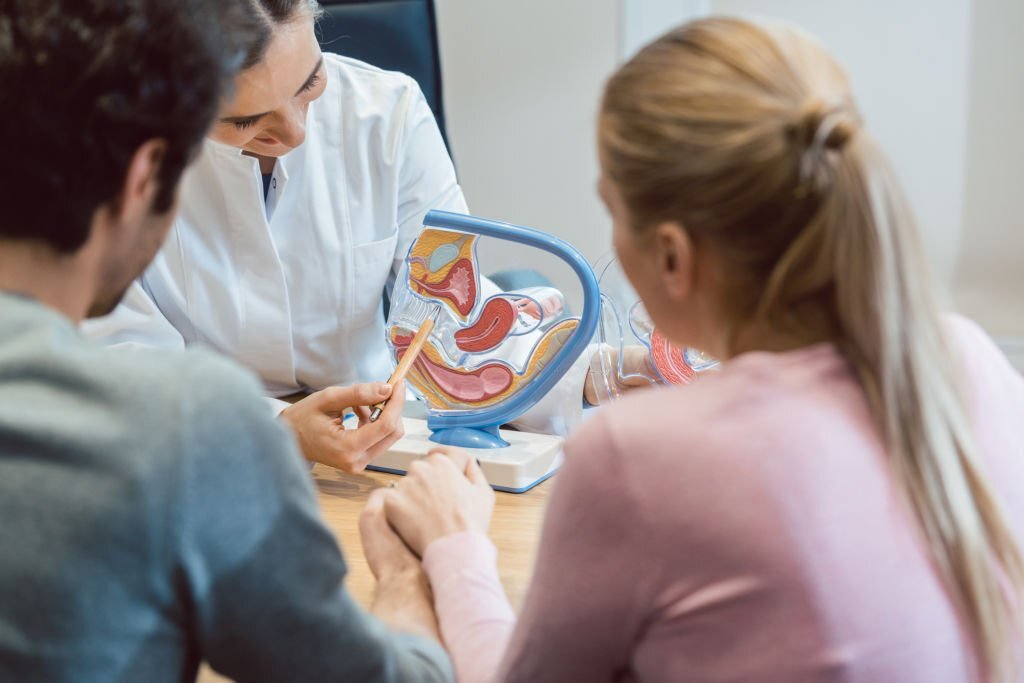What are the common myths and misconceptions about Infertility and its treatment?

What are the common myths and misconceptions about Infertility and its treatment?
Myth: Age does not affect fertility.
Fact: Aging causes eggs and sperm to become less viable over time.
Age has an impact on everyone, even the most healthy and active people. Over time, ageing will decrease the viability of eggs or sperm. The most important factor affecting reproductive viability is age. The biological clock cannot be significantly extended by the most advanced medical technologies.
Myth: You just need to relax.
Fact: Infertility is a medical condition.
While it is true that unwinding may aid infertility brought on by ongoing stress, infertility is not only a psychological problem. It is a medical condition to be infertile. Positive thinking, a rejuvenating trip, or a shift in perspective cannot improve your physical or reproductive health.
Myth: Fertility is a woman’s problem
Fact: Infertility affects men and women equally
Infertility affects both men and women equally, even though pregnancy-related themes often target women. Each sex has a unique set of signs and symptoms that might point to infertility, such as testicular discomfort, or a change in menstruation flow.
Myth: All infertility issues can cure with lifestyle changes.
Fact: Infertility is usually caused by ovulation abnormalities
Infertility can also be caused by ovulation abnormalities, blocked fallopian tubes, and genetically inherited difficulties in women, as well as faulty sperm production in males. Making a consultation with our fertility expert might assist in determining the reason for infertility and whether lifestyle modifications are required.
Myth: You will never be able to have children if you are infertile.
Fact: Infertility is the difficulty a couple has conceiving a child beyond six to twelve months
Infertility is the difficulty a couple has conceiving a child beyond six to twelve months (depending on the woman’s age), not the fact that they will never be able to have children. Many couples can have a child—or children—by selecting the perfect therapy for them thanks to the several fertility choices available, including ovulation induction, insemination, fertility preservation, and in vitro fertilization (IVF).
Myth: Stress is the main cause of infertility.
Fact: Stress does not directly cause infertility.
While stress can contribute to overall well-being, it is not a direct cause of infertility. Infertility is a complex issue influenced by various factors, and stress alone does not account for the majority of cases.

